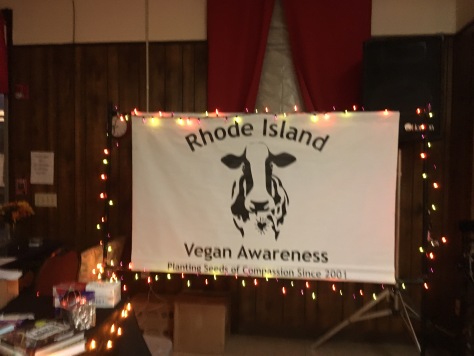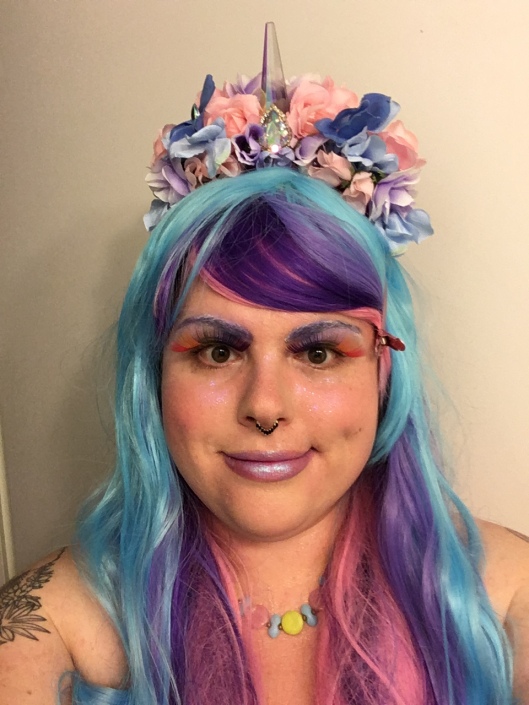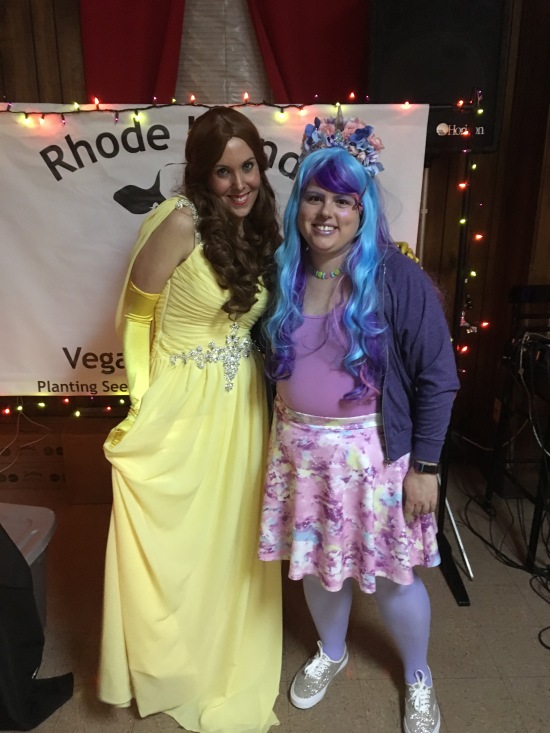Laura here:
Hey there everybody, thanks so much for your awesome comments and likes so far! Fluffy and I really appreciate the support.
Today Fluffy and I want to talk about hidden cruelties in vegan food. Fluffy has asked me to speak on this today. The topic is very important to them, but they feel I am more experienced with explaining about it. As a humane education graduate student, I am used to doing a lot of research, especially about the life cycle of products and their impact on the environment, animals, and humans.
It’s not the most pleasant topic but I hope you will consider it and learn some new research skills and explore some new issues that require your compassion and empathy. As vegans, to be fully compassionate it is important that we consider supporting companies that are not just vegan, but also have good human rights track records for their workers at all levels of production and are better for the environment that we animals all share and need to not decline any further. Doing so makes for a better world where the goals are fairness, equality, freedom, sustainability, a restored planet, and beyond. We all want that, right? I’ll be talking more specifically about why human rights are an important issue for vegans tomorrow.
It’s ultimately up to you what companies, products, foods, etc you choose to buy. But I do urge you to think about what led you to first become vegan. Many of us had to open our eyes and face the realities of some immense cruelties that we maybe had never considered before. We opted out, we wanted to no longer contribute to such immense suffering. Now, we need to extend that compassion, keep learning, keep growing, keep researching the same way we did when we went vegan.
It can be really challenging to research a lot of the hidden cruelties behind our foods and their packaging. They wouldn’t be considered hidden otherwise.
Some tips for uncovering some of these cruelties in foods, ingredients, and packaging:
- Look to the company themselves. Write to them and ask questions. Sometimes if you suggest they may be violating human rights or accuse them of something super serious, they won’t write back, so be polite and very specific. They will be honest otherwise. If you’re inquiring if a product is completely vegan down to something really specific like sugar sourcing, or whatever, be clear as to what that means. They don’t always know what it means, especially smaller companies that may not label their products as vegan but the products may actually be vegan anyways.
- Main ingredients such as fruits and vegetables that are grown around the world are often easy (yet maybe a little overwhelming) to research their footprint and how they affect animals, human workers, and the environment in order to grow. Looking up their typical country of origin, growing season, water usage, transportation (how many miles do they travel to get to you? How do they keep them fresh if it’s a long distance? How much gas is involved in their transport?) will be a good start. Then once you get some of the answers to those questions you can begin to look into other factors. How are the workers treated who grow them, pick them, package them, ship them? Are there any current boycotts or labor actions such as strikes on behalf of the workers that you can find? What are the animal issues involved with their production (especially treatment of insects and other animals that risk the crop’s viability and what they do with other animals in the local environment that interact with the crop or the land used for growing it)? Is the land, water, air being destroyed in some way from the production of it? Etc.
- To learn more about the effect plastic packaging is having on animals, humans, and our planet, I recommend starting with the film A Plastic Ocean. This is currently available on Netflix.
- To learn more about the bottled water industry and the harm it’s doing, check out the film Tapped. It’s not on Netflix but may be available streaming elsewhere. This article provides an overview of some of the topics covered in the film.
- To learn more about the human rights abuses involved in chocolate, coffee, bananas, and more, get familiar with the Food Empowerment Project.
- There are lots of other issues and food products to be aware of that we often consume as vegans. Palm oil is a big issue as well, but to be honest I rely on other people’s research and try to reduce my use of products with palm oil in them as much as I possibly can. It feels a little too overwhelmingly upsetting to expose myself to the research on it myself. Which brings me to my next few points.
Take care of yourself and don’t get overwhelmed by researching everything all at once. If you feel your favorite food might be problematic in some way, don’t start by researching that one. You cannot be perfect and it does get overwhelming when you realize how many products have major problems with them.
Find a way to practice self-care when you uncover upsetting things, and take action when you can by boycotting the product, writing to the company to tell them you’d like to see them change, educate others about the problem and direct them to alternative products, etc
If you’re worried about a product you use and have heard many people’s rationale for avoiding it, and you feel like it might too much to expose yourself to the gory details, it’s probably a good idea to stop using the product. This is the same guilt and denial mechanism that prevents some people from adopting a vegan lifestyle.
I’ll say it again: remember you can’t be perfect. Sometimes we need to make trade-offs and analyze and use our critical thinking skills, remember our core values, and try our best to do the most good, least harm (from a book by the president of the Institute for Humane Education, Zoe Weil, which I highly recommend). It’s important to research and make fully informed decisions, but losing our sanity over it is also ineffective and harmful and prevents us from making a positive change in ourselves, the world, and for others.
Compassion fatigue is a serious issue as well. Here are some articles that provide some good tips and stuff about it.
https://www.vegansociety.com/whats-new/blog/self-care-vegan-activist
http://www.ourhenhouse.org/2013/05/how-an-activist-headed-toward-burnout-can-change-course-four-ways-to-cope-with-compassion-fatigue/
And this podcast sounds amazing. I haven’t listened to it yet, but I will. I like the link mainly for its awesome resources:
http://veganwarriorprincessesattack.com/137-burnout-compassion-fatigue-vicarious-trauma-vegan-activism-steven-dawson-lcsw/
Anyways, tomorrow will be the last serious post before I get back to some more super fun, unicorny stuff!



